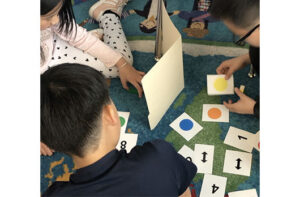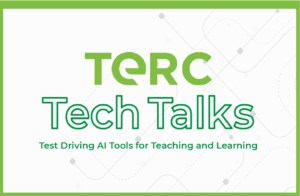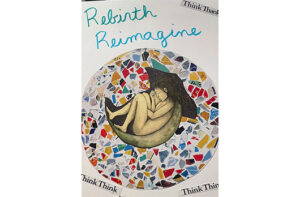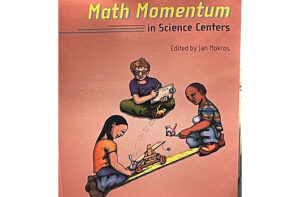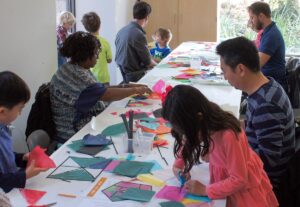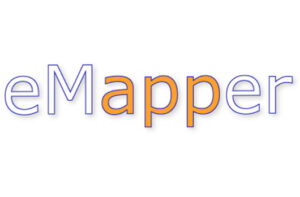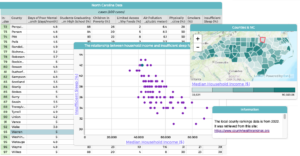Children’s Understanding of Relationships
Lead Staff:
Maria BlantonProject Staff:
Angela Murphy GardinerSummaryChildren’s Understanding of Relationships (CUF/CUG) projects focused on developing the cognitive foundations of children’s understanding of algebraic concepts as they begin formal schooling in Kindergarten and first grade. Blanton and colleagues have found that young children — as early as Kindergarten — can develop relatively sophisticated understandings of core algebraic concepts and even seem to exhibit less of the difficulties that adolescents have with these concepts.
Associated Projects[CUG] Learning Trajectories in Grades K-2 Children’s Understanding of Algebraic Relationships (2014-2017)
Maria Blanton, Principal Investigator Barbara Brizuela, Co-Principal Investigator (Tufts University) The research goal for this project were to identify learning trajectories as cognitive models of how grades K–2 children learn to generalize, represent, and reason with algebraic relationships. The project addressed immediate challenges facing PreK–12 STEM education concerning the need to understand how young children, at the start of formal schooling, make sense of core algebraic concepts and practices typically reserved for students in later grades. Further, this work connected these trajectories to those identified in the PIs’ prior work (DRL #1154355) on how children generalize, represent, and reason with co-varying relationships within the core content dimension of functional thinking. The larger goal was to assemble cognitive foundations of the development of young children’s practices of algebraic thinking across diverse content dimensions. Supported by the National Science Foundation under Grant No. DRL #1415509.
[CUF] Children’s Understanding of Functions in Grades K-2 (2011-2014)
Maria Blanton, Principal Investigator Barbara Brizuela, Co-Principal Investigator (Tufts University) This research project addressed how children in grades K-2 understand concepts associated with functions—particularly as these concepts relate to different representational tools (e.g., natural language, algebraic notation, tables, and Cartesian coordinate tools). Researchers studied how students are able to coordinate co-varying data and identify and express relationships with such data—particularly examining the connections between their thinking about recursive patterning and co-varying relationships and correspondence relationships. Supported by the National Science Foundation under Grant No. DRL #1154355.
Children’s Understanding of Relationships (CUF/CUG) projects focused on developing the cognitive foundations of children’s understanding of algebraic concepts as they begin formal schooling in Kindergarten and first grade. Blanton and colleagues have found that young children — as early as Kindergarten — can develop relatively sophisticated understandings of core algebraic concepts and even seem to exhibit less of the difficulties that adolescents have with these concepts.
[CUG] Learning Trajectories in Grades K-2 Children’s Understanding of Algebraic Relationships (2014-2017)
Maria Blanton, Principal Investigator Barbara Brizuela, Co-Principal Investigator (Tufts University) The research goal for this project were to identify learning trajectories as cognitive models of how grades K–2 children learn to generalize, represent, and reason with algebraic relationships. The project addressed immediate challenges facing PreK–12 STEM education concerning the need to understand how young children, at the start of formal schooling, make sense of core algebraic concepts and practices typically reserved for students in later grades. Further, this work connected these trajectories to those identified in the PIs’ prior work (DRL #1154355) on how children generalize, represent, and reason with co-varying relationships within the core content dimension of functional thinking. The larger goal was to assemble cognitive foundations of the development of young children’s practices of algebraic thinking across diverse content dimensions. Supported by the National Science Foundation under Grant No. DRL #1415509.
[CUF] Children’s Understanding of Functions in Grades K-2 (2011-2014)
Maria Blanton, Principal Investigator Barbara Brizuela, Co-Principal Investigator (Tufts University) This research project addressed how children in grades K-2 understand concepts associated with functions—particularly as these concepts relate to different representational tools (e.g., natural language, algebraic notation, tables, and Cartesian coordinate tools). Researchers studied how students are able to coordinate co-varying data and identify and express relationships with such data—particularly examining the connections between their thinking about recursive patterning and co-varying relationships and correspondence relationships. Supported by the National Science Foundation under Grant No. DRL #1154355.
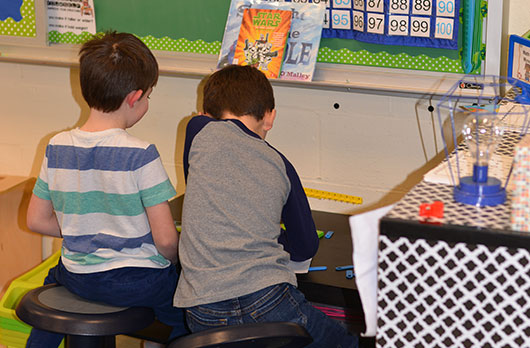
Past Project
This project is no longer active. To see a list of current TERC projects, please click here.
Share This Page:

